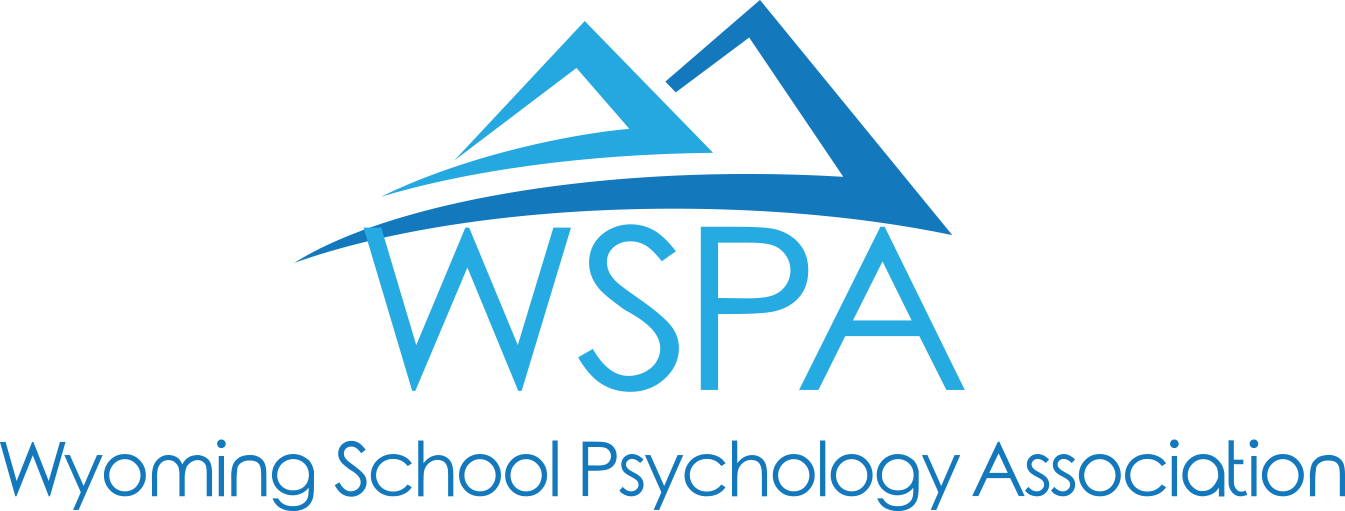***Post written by Annastashia Teepe, Southeast Representative for WSPA***
With the recent Momo Challenge and continued concerns among educators about students use of social media, educators and staff can continue to review social media use data and facts and tips about Social Media among students. The U.S. Department of Education defines social media as “Forms of communication either Internet or text-based that support social interactions of individuals” (p. 5). As students begin to interact more frequently on these platforms, educators, staff and parents need to be more aware that there are inherent risks associated with these interactions.
As the National Association of School Psychology (2016) indicates risk associated with social media include:
- Cyberbullying or other online conflicts
- Quick and widespread communication of crisis-related rumors or other false information
- Quick and widespread communication of embarrassing or inappropriate information
- Potential for triggering crises, increasing perceptions of threat and fear, or creating crisis contagion
- Privacy violations
- Potential for overuse or as a consistent substitute for face-to-face socializing
- Time consuming for educators, parents, and other caregivers to learn and monitor.
According to Common Sense Media (2012), teens report mostly positive feelings and outcomes from using social media platforms. However, the posting of online photos can result in stressful outcomes for teens (Common Sense Media, 2012). In addition, one in four students will encounter hateful or derogatory speech when participating in online platforms (Common Sense Media, 2012). Monitoring use, age appropriateness of applications, awareness of consequences, expecting transparency, and working with students to communicate effectively after crisis or miscommunication are positive ways to respond to and demonstrate responsible social media use (NASP, 2016).
References
Common Sense Media. (2012). Social Media, Social Life: How Teens View Their Digital Lives. [research study]. San Francisco, CA.
National Association of School Psychologists. (2016). Social Media and School Crises: Brief Facts and Tips [handout]. Bethesda, MD: Author.
U.S. Department of Education, Office of Safe & Healthy Students. (2012). Social media in school emergency management: Using new media technology to improve emergency management communications. Retrieved from http://rems.ed.gov/docs/Training_SocialMediaInEM.pdf

Recent Comments